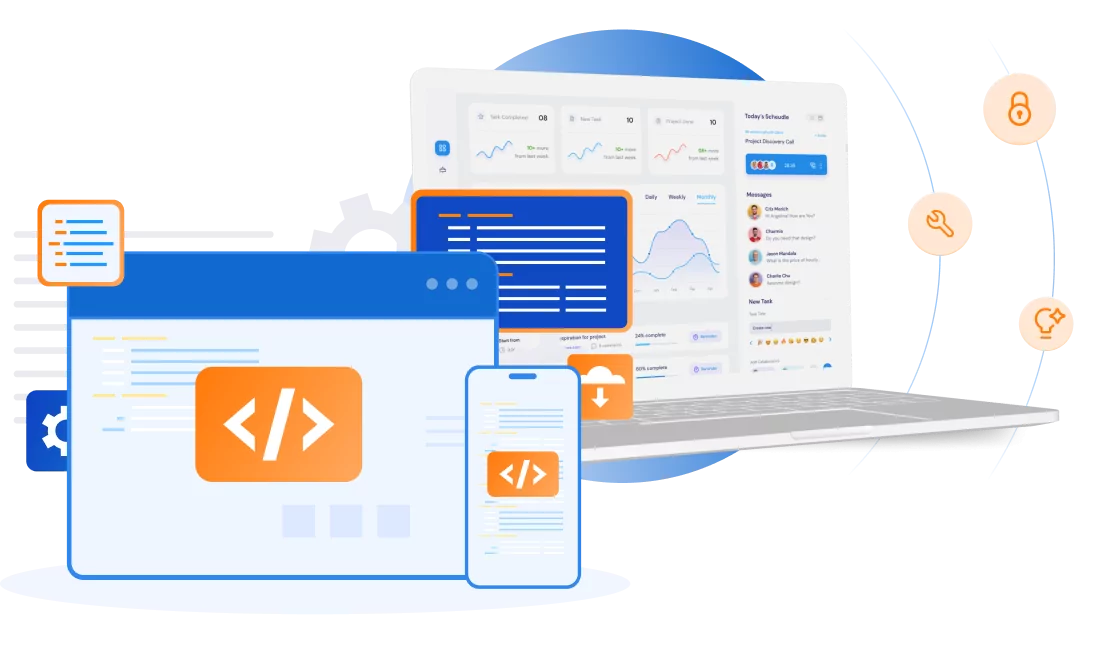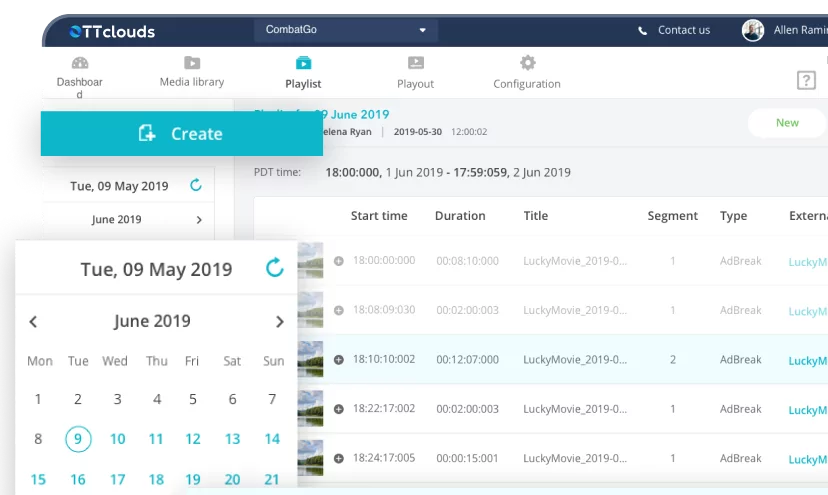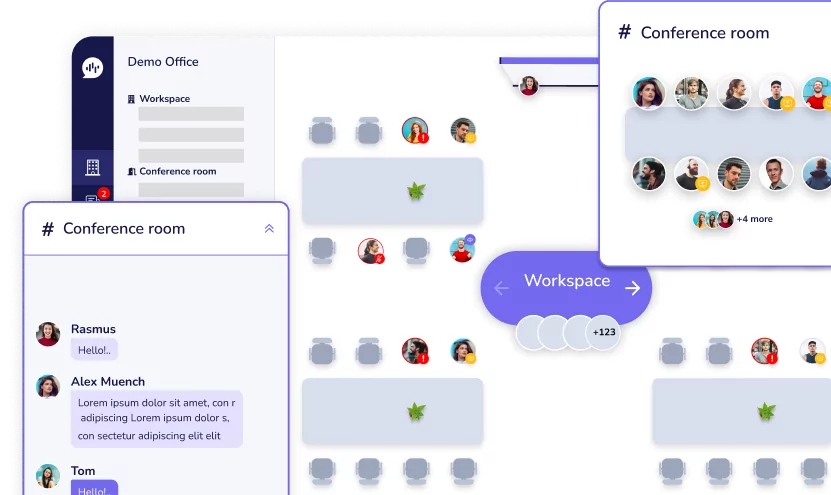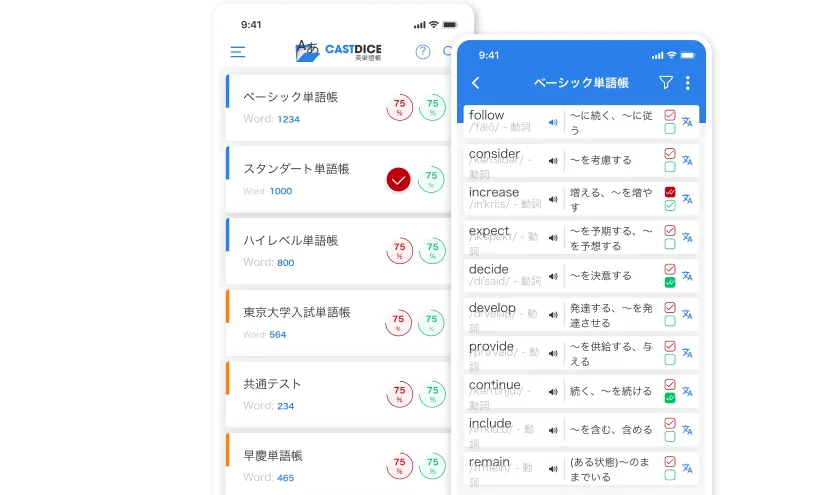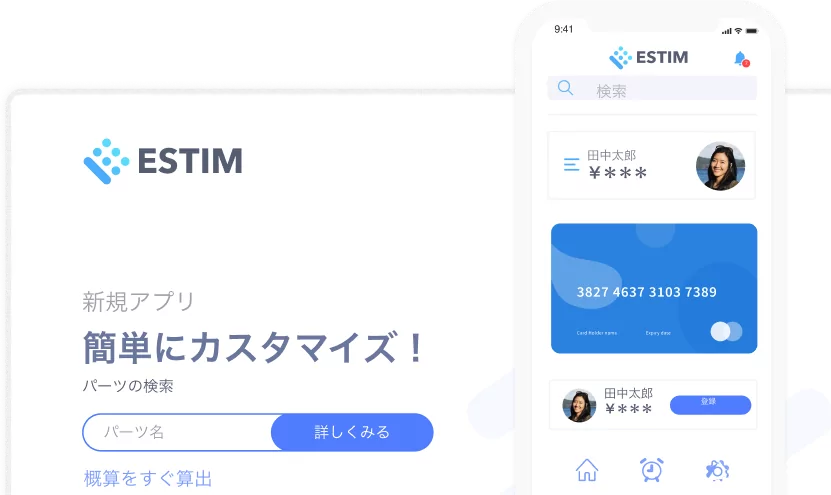Is React Native Good for Mobile App Development? A Simple Guide
15/01/2024
1.88k
Mobile app development has evolved rapidly, and developers often find themselves faced with the decision of choosing the right framework for their projects. Among the various options available, React Native has gained significant popularity. But is React Native really a good choice for mobile app development? Let’s break it down in simple terms.

Understanding React Native
React Native 101: React Native is an open-source framework developed by Facebook that allows developers to build mobile applications using the familiar syntax of React, a popular JavaScript library for building user interfaces. The key advantage? You can write your code once and run it on both iOS and Android platforms, saving time and effort.
Find out more about the general pros and cons of using React Native for web app development.
When to Choose React Native
1. Prototyping and MVPs: If you’re in the early stages of app development and need to quickly validate your ideas, React Native is a solid choice. Its rapid development capabilities make it ideal for creating prototypes and minimum viable products (MVPs) that can be tested on both iOS and Android platforms.
2. Limited Development Resources: For teams with developers skilled in JavaScript, React Native provides a familiar environment. This is particularly advantageous if you have a smaller team or a tight budget, as it allows you to leverage existing skills rather than investing in learning platform-specific languages.
3. Content-Driven Apps: Apps that heavily rely on displaying content, such as news apps or social media platforms, can benefit from React Native’s efficiency. The framework’s ability to handle complex UIs and its performance optimization make it suitable for content-centric applications.
4. Apps Requiring Regular Updates: React Native’s hot reloading feature makes it an excellent choice for apps that require frequent updates. Developers can make changes on the fly without disrupting the user experience, making it easier to implement improvements and fix bugs promptly.
5. Small to Medium-Sized Apps: While React Native can handle large-scale applications, it truly shines in the development of small to medium-sized apps. Its simplicity and efficiency make it an excellent fit for projects where a lightweight framework is preferred.
Considerations and Limitations
1. Complex Animations and Graphics: While React Native is excellent for most UI interactions, highly complex animations and graphics might benefit from a more native approach. In such cases, a blend of React Native and native modules might be necessary.
2. Platform-Specific Requirements: If your app heavily relies on platform-specific features, you might find yourself writing native modules or components. While React Native tries to be a one-size-fits-all solution, there are instances where platform-specific code is unavoidable.
3. Learning Curve for Native Modules: When dealing with complex functionalities or integrations, you might need to dip into native modules. This could require knowledge of Swift or Java, adding a bit of a learning curve for developers primarily familiar with JavaScript.
Conclusion
In the ever-expanding landscape of mobile app development, React Native stands out as a versatile and efficient framework. Its cross-platform capabilities, along with a plethora of benefits, make it a compelling choice for many projects. However, like any tool, it’s crucial to understand its strengths and limitations.
So, is React Native good for mobile app development? Absolutely, especially when it aligns with your project requirements and development goals. For rapid prototyping, cross-platform compatibility, and content-centric applications, React Native proves to be an excellent companion. As with any development decision, it’s about finding the right tool for the job, and React Native certainly deserves a spot in the toolbox.


